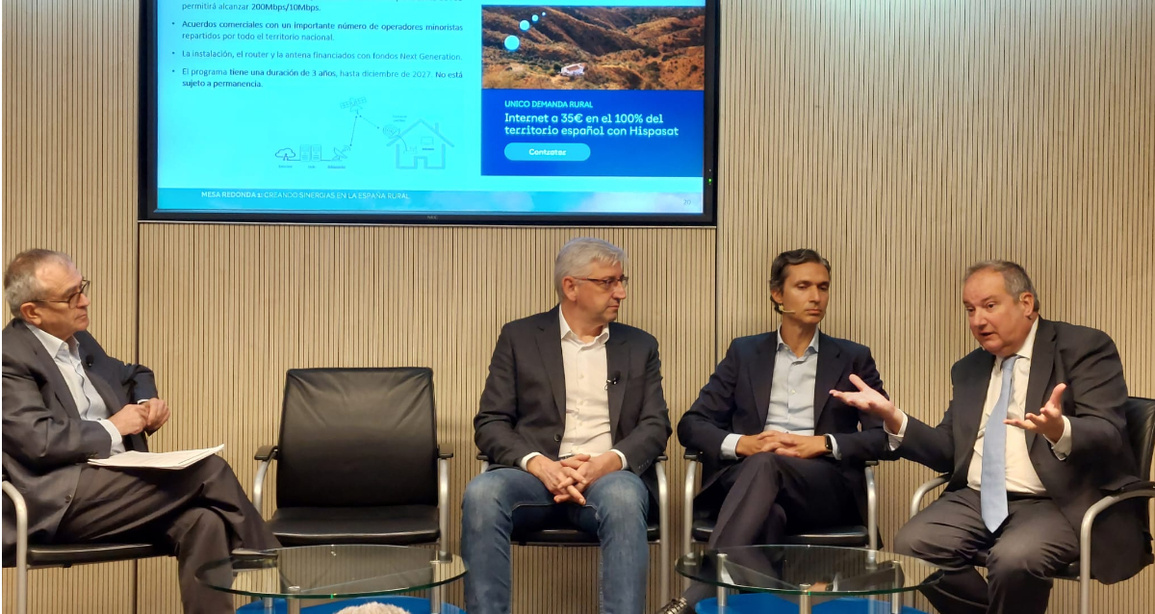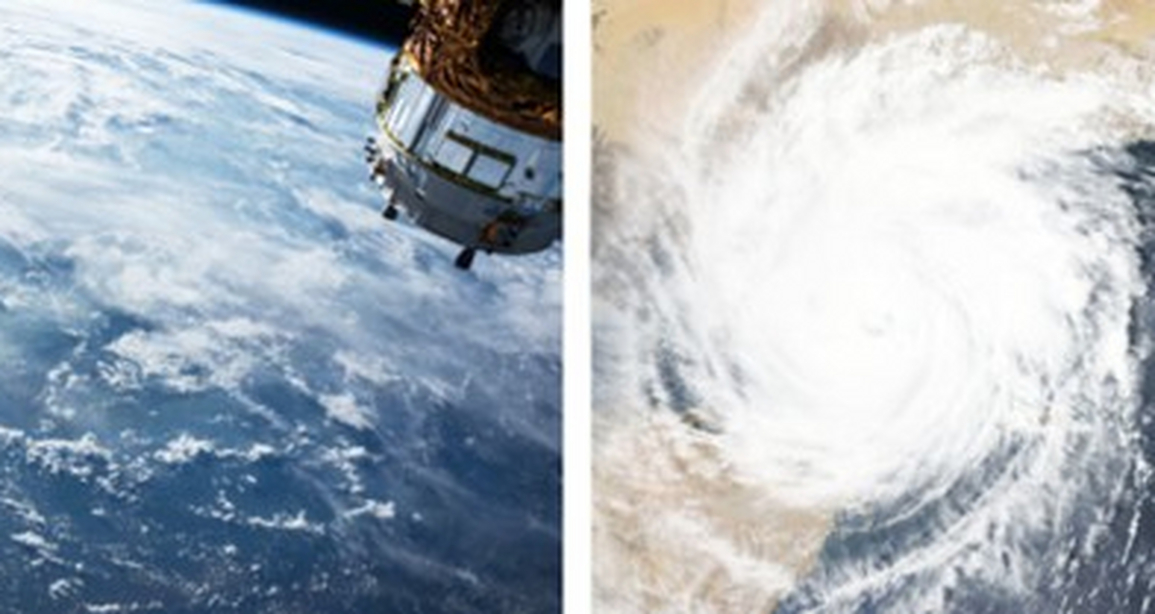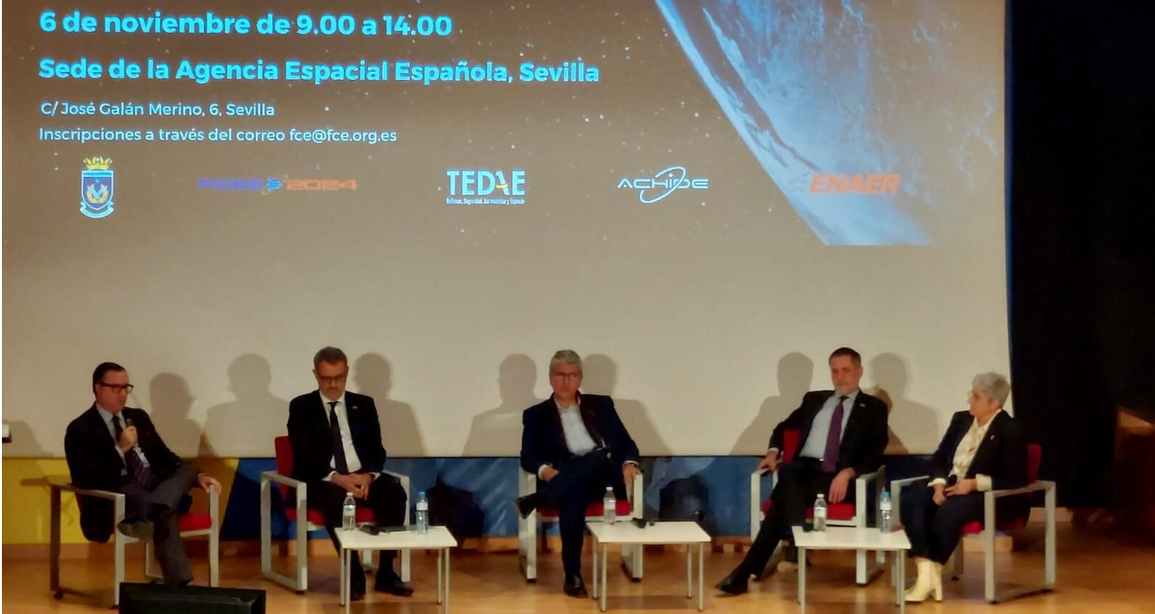
|
31 octubre 2023
Hispasat is very committed to the development of rural areas. Our president, Jordi Hereu, has participated in the presentation of an alliance of six companies to improve the life and economy of rural areas: Agbar, Banco Sabadell, Redeia, Hispasat, SAREB and Universitat Oberta de Catalunya.
This is an innovative “rural commitment” project of public-private collaboration, which has the support of the General Secretariat of Demographic Challenge and has been promoted by the Institut Cerdà. As its director, Carlos Cabrera, has explained, there was a lack of efficiency when addressing the commitment to the rural world.
After almost two years in working groups, it has become clear that for the projects that companies are launching to prosper, it is necessary to forge alliances. The complexity of the problem is such that it cannot be addressed unilaterally. You have to provoke a critical mass, create demand. Establish synergies around companies and institutions. All of this with one purpose, that the territory is more prepared to understand the changes that are occurring in our society and can face them.
Three requirements have been set to choose the projects. The first, that they are productive - that they generate results in the territory and are capable of being profitable on their own -; secondly, that they are rooted - that they have agents from the territory - and that they are collaborative (public-private and social); and finally, that they are scalable, that they can grow and that they are replicable.
We have learned that they are very innovative initiatives, so they need a pilot test, a filming, so that they can then be replicated.
Throughout this process, one of the biggest difficulties that has been detected is the difficulty of communication. Reaching rural areas, listening and being heard by its people, is very complex for all companies that try to implement initiatives that improve the quality of life. The mistrust is infinite. A challenge for any communication team. For this reason, any help and collaboration is little.
As Jordi Hereu has explained, Hispasat carries this concern for the development of territories in its DNA. “For us this is the starting point in the process, the moment connectivity arrives in a territory a transformation process begins. Something similar happened in Spain fifty years ago when electricity arrived in our towns and opened a world of development possibilities for those families that had until then remained on the margins of progress." The president of Hispasat explained that “we are not experts in social innovation, nor in forest management, nor in livestock farming or smart agriculture. For this reason we are promiscuous, we need an alliance with those who do know about all this. We bring connectivity and we need to cooperate with people who know about forests, agriculture, livestock, forest management, social entrepreneurship, water... We are the point and followed by a process in which there are many things to do and where “With the help of digital technology we can now say without mistake that everything is possible.”
Jordi Hereu was categorical in stating that “we need a general design of general policy and then thousands of alliances that make it possible in collaboration with the market.” He added that for the first time from the State there is a comprehensive and integrative design, we know where we want to go within the territory. This is the framework, but now we need the sum of many elements. It is not an easy process because while we are here talking, people continue to concentrate in cities.”
In short, he insisted that "for the first time we have public policy and it has been achieved that this issue of territorial imbalance is in people's conscience, there is more talk about it." And even, he added, “these echoes have reached the business world.” Thus he gave an example, “we are part of Redeia, which previously placed its towers as support points for its networks in the territory, but without the territory. What has changed? What has changed is that now you talk to the territory, you listen to it, you help it, because you work for the territory. That is, the territory is now part of Redeia's agenda.”
In his opinion, “there is a leadership of the State, which is the one who takes the wheel and from now on has to start the engine of the market, which is fantastic. There is no need for more diagnoses, there are more than 30,000... but now the agenda of specific projects is missing. Initiatives designed with rural lenses in mind are required, because here we are used to making approaches that do not take into account the people's point of view."
Now we have the wickers to make the basket, concluded Jordi Hereu. “We can achieve it, because we have not made progress for years.”

25 octubre 2023
Observing the Earth's surface from space has been a goal of man since the beginning of the 20th century.

06 noviembre 2023
Antonio Abad, Technical Officer at Hispasat, has participated in the V Chile-Spain Aerospace Forum. In the debate on public-private collaboration, he explained that space is a natural area of international cooperation. Sharing what can be done in cooperation with other countries.